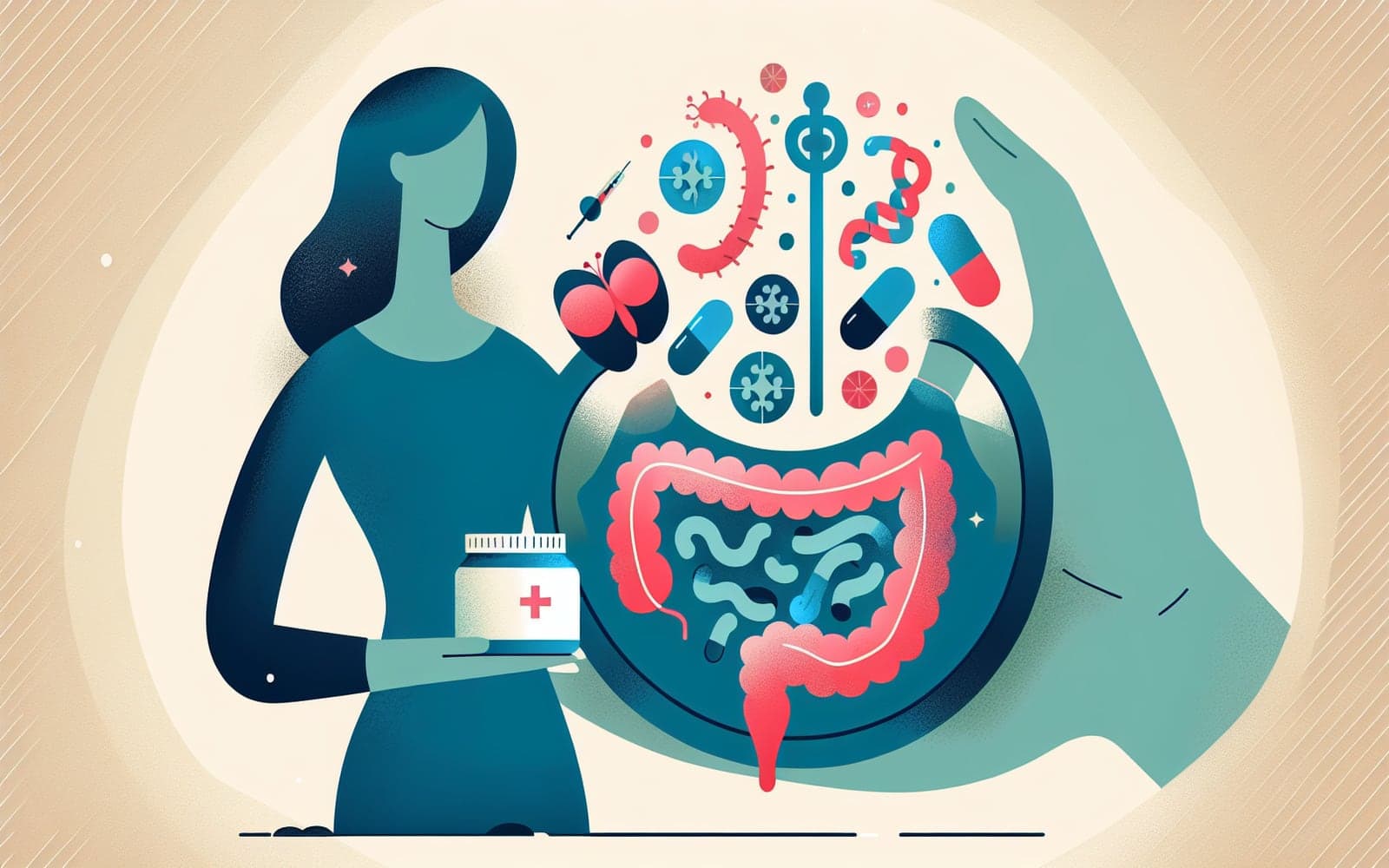Antibiotics for Chronic Bacterial Prostatitis: A Deep Dive into Treatment Options
Published: Aug 31, 2024
When it comes to treating chronic bacterial prostatitis, antibiotics are the go-to weapon. But not all antibiotics are created equal when it comes to tackling this persistent prostate infection.
Contents
Why Antibiotics are the First Line of Defense
Antibiotics are the primary treatment for chronic bacterial prostatitis because they target the underlying cause - bacteria in the prostate gland. These medications work by killing the bacteria or stopping their growth. However, treating prostate infections can be challenging because not all antibiotics can effectively penetrate the prostate tissue.
The Antibiotic All-Stars: Fluoroquinolones
Fluoroquinolones, such as ciprofloxacin and levofloxacin, are often the first choice for treating chronic bacterial prostatitis. These antibiotics are like special agents that can easily infiltrate the prostate's defenses. They're typically prescribed for 4-6 weeks, which is longer than for most other infections. This extended treatment is necessary to fully eradicate the bacteria hiding in the prostate tissue.

Alternative Antibiotic Options
If fluoroquinolones aren't suitable, other antibiotics can step up to the plate. Trimethoprim-sulfamethoxazole is a common alternative, often given for 6 weeks or more. For infections caused by certain bacteria like Chlamydia, antibiotics such as doxycycline or azithromycin might be used. In some cases, especially with drug-resistant bacteria, newer options like fosfomycin are being explored.
Frequently Asked Questions
Typically 4-6 weeks, but sometimes longer.
Yes, including digestive issues and increased risk of antibiotic resistance.
They may help reduce antibiotic-associated diarrhea.
Your doctor might consider other treatments or reevaluate the diagnosis.
Key Takeaways
While antibiotic treatment for chronic bacterial prostatitis can be lengthy, it's crucial for effectively clearing the infection and preventing recurrence.
If you're concerned about prostate infection symptoms or have questions about antibiotic treatment, don't hesitate to consult with Doctronic for personalized guidance.Related Articles
References
Perletti G, Marras E, Wagenlehner FM, Magri V. Antimicrobial therapy for chronic bacterial prostatitis. Cochrane Database Syst Rev 2013; :CD009071.
Naber KG, Roscher K, Botto H, Schaefer V. Oral levofloxacin 500 mg once daily in the treatment of chronic bacterial prostatitis. Int J Antimicrob Agents 2008; 32:145.
Always discuss health information with your healthcare provider.

